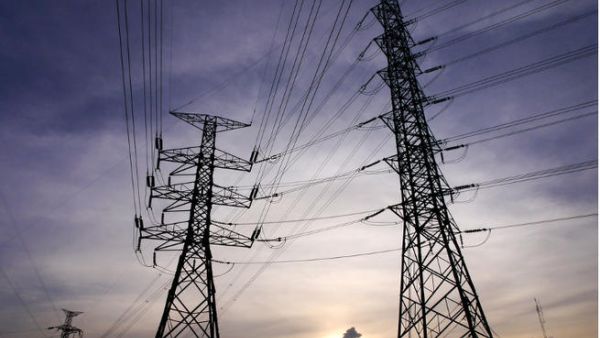The Saudi Gazette reports that Middle East and North Africa region will witness a massive wave of investments in the power and water sector.
Delegates at the recently held MENA Power conference in Abu Dhabi, Abu Dhabi Water & Electricity Authority (ADWEA) were told that the power generation, transmission and distribution market across the region is expected to be worth $283 billion by 2018.
In addressing the delegates, Saeed Nassouri, Technical Advisor, ADWEA, highlighted the need for efficiently building long-term plan capacity of future projects. “In the last 5 years demand growth has increased on average by 9.4 percent per annum in Abu Dhabi, as a result of new development and increase in population and 11.9 percent growth per annum until 2015 is forecasted by ADWEC.
So far, 75GW of renewable energy projects worth $200 billion are already in the pipeline, making the region a global power player in the sector. The surge in investment is attributed is growing energy consumption in the Middle East, the highest in the world next to Asian countries. In the GCC, power generating capacity will need to rise by an estimated 64,000MW to 176,500MW by 2020, which at 2012 unit costs will require investment of $40-45 billion.
Meanwhile, the water sector could witness a similar surge in investments. Data gathered by MEED show $683 million more will be invested to water projects in the UAE and Lebanon this year. In 2014, more than $12.5 billion will be ploughed into water projects across MENA.
“The power and water sectors are two of the most active segments of the projects market in the Middle East and North Africa, with the GCC region leading the way in terms of power and water projects. Stakeholders attending these conferences will have a clearer idea of the opportunities at stake, and how they can align their businesses to take advantage of increasing investments in power and water projects,” said Edmund O’ Sullivan, Chairman, MEED events.
But beyond projects opportunities, O’ Sullivan says equally critical issues such as waste water reuse, energy efficiency, and effective use of technology, among others, will be comprehensively discussed by international and regional experts in the hope of contributing to the growing body of knowledge of these important matters.
“Meeting the demand is only half the battle, ensuring that we have sustainable water and energy programs is just as critical if are to handover the planet to future generations still capable of sustaining human progress,” O’ Sullivan added.








